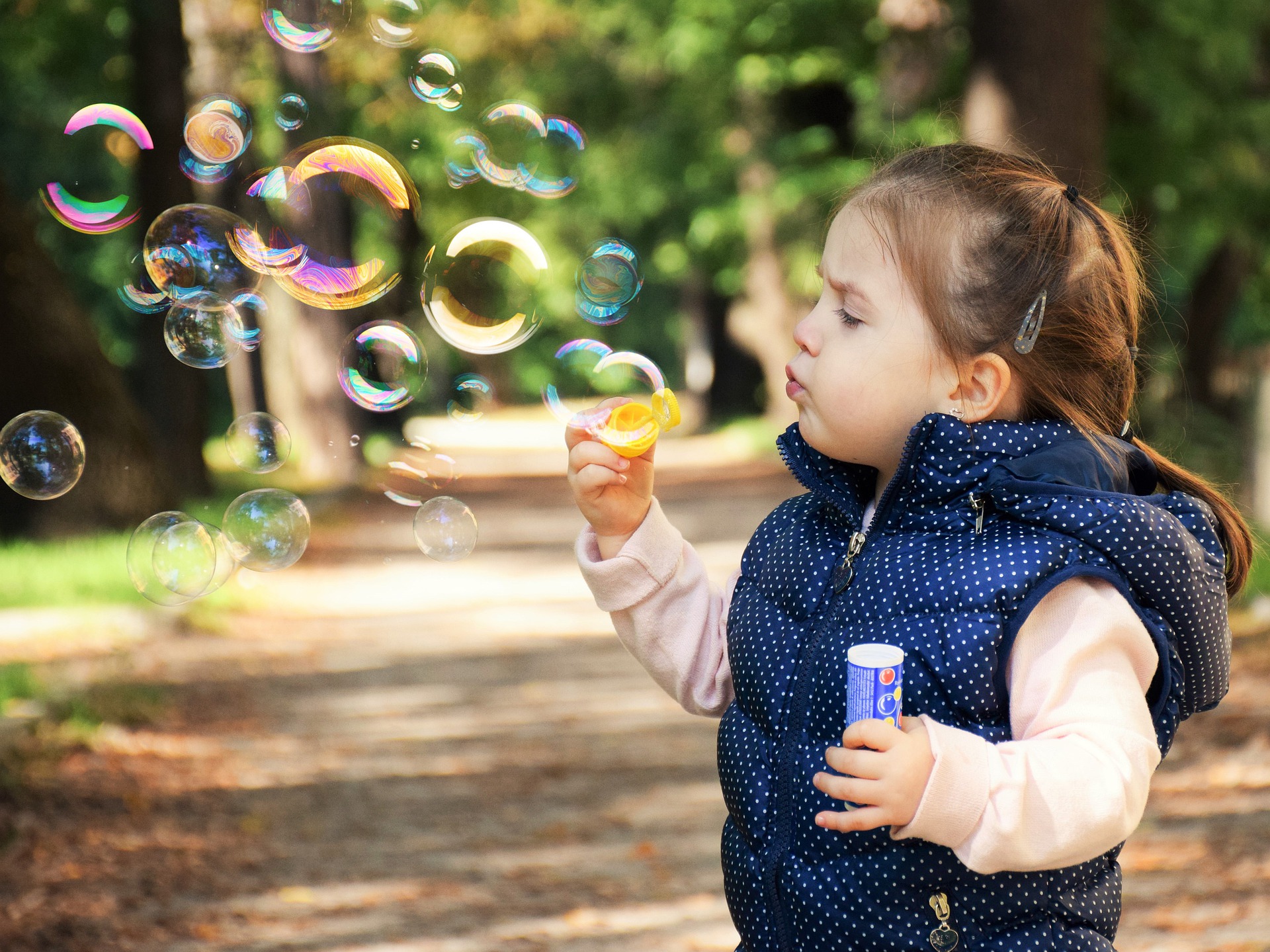
Virtual School early years
Worcestershire Virtual School support pupils in the early years foundation stage, from the age of two.
In the Worcestershire Virtual School team there are two Learning Advocates supporting Children Looked After (CLA) within the Early Years Foundation Stage.
Our Learning Advocates support:
- 2, 3 and 4 year olds and deferred school entry children in Private, Voluntary and Independent Early Years settings who are looked after both within Worcestershire and those placed out of county
- children in their Reception year in school within Worcestershire and out of county
All children who are looked after must have a Personal Education Plan (PEP) which is reviewed 3 times a year. The PEP forms part of the child’s statutory care plan. Our Learning Advocates facilitate the PEP process.
Children who are looked after will be eligible for the Early Years Pupil Premium (2, 3 and 4 year olds) or the Early Years Pupil Premium Plus (reception children in school). This funding should be used to support the outcomes and activities agreed within the PEP.
Children who have been previously looked after (PLAC) but now have an Adoption Order or a Special Guardianship Order or a Child Arrangement Order are also eligible for the Early Years Pupil Premium through the funding portal.
Early years training offer
This offer is fully funded and available to all early year’s practitioners, including nursery settings, childminders, and reception year teaching staff.
We are continuing our partnership with KCA (Knowledge, Change, Action) KCA is an expert provider of training and consultancy to organisations working with vulnerable children and young people.
The training will enable practitioners to:
- discover your role in supporting healthy brain development
- understand how you can support trauma recovery
- use emotion coaching to promote resilience in your setting
Apply
We look forward to welcoming our early years settings to these wonderful training opportunities.
To take part in this fully funded professional development opportunity please register by following the link:
KCA: Reg form: Worcestershire VS Early Years Spring Summer 2025
While you wait for your training, watch our virtual training course:

 Facebook
Facebook X
X Email
Email WhatsApp
WhatsApp Messenger
Messenger